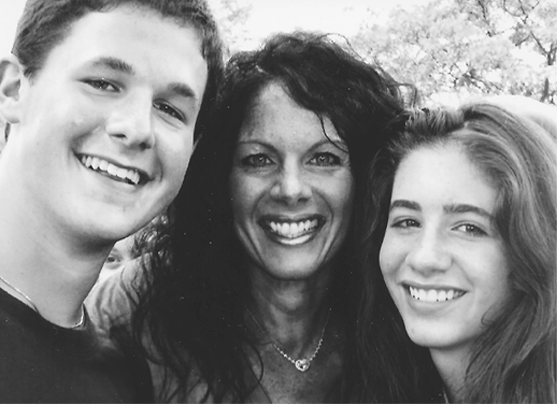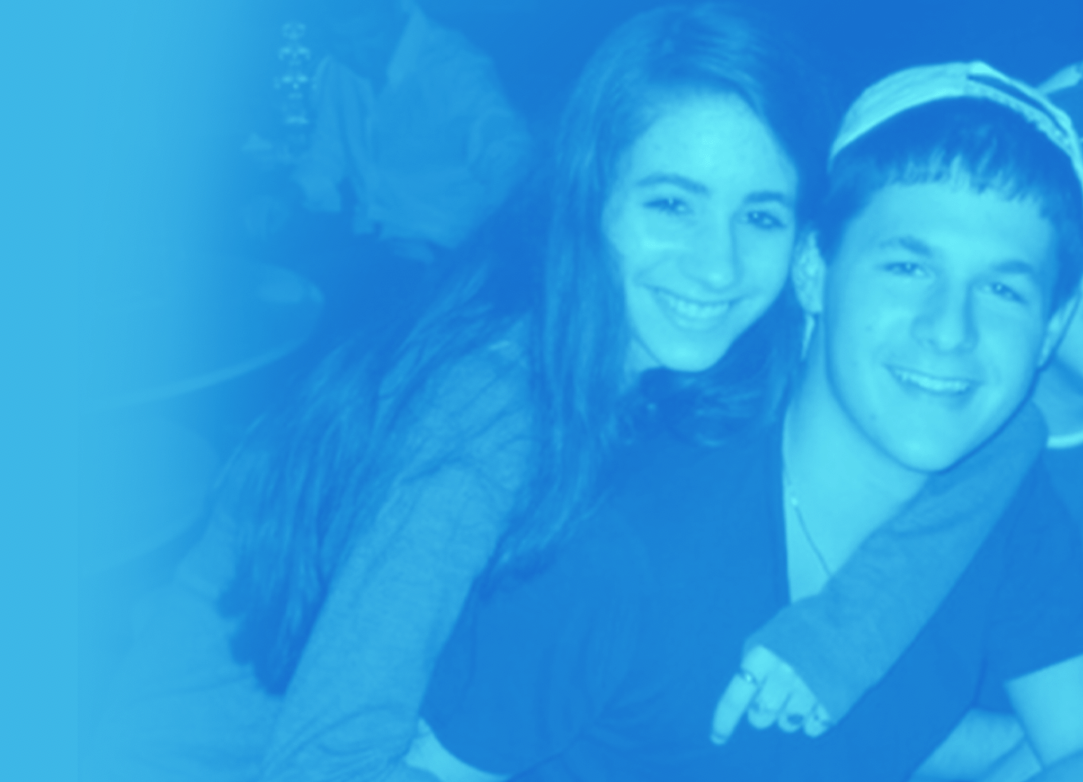Written by Jamie’s mother,
Lisa Daniels-Goldman.
Written by Jamie’s mother,
Lisa Daniels-Goldman.
Jamie had a history of anxiety and depression. As an adolescent, after seeking help from a therapist, we believe Jamie was misdiagnosed with having ADD, and was prescribed Adderall. At the time we were reassured that many kids take Adderall to help them focus prior to exams and it would not hurt him. We believed it would be safe.
Jamie graduated from high school without issue and went on to MSU. All the while, he continued to take Adderall. Therapist after therapist continued to prescribe him the medication.
In January 2015, just four months prior to graduation, we learned that Jamie had been abusing prescription medication. We don’t know exactly when he turned to opioids, but we do know they were easily obtainable on campus and by the time he graduated he couldn’t stop.

After convincing him to check himself into a local in-patient treatment facility, where he was treated for two weeks, he was discharged with no long-term plan. Jamie relapsed two weeks later. A few months after his relapse, we found out he was still being prescribed Adderall, with the addition of sleeping pills, from the psychiatrist he had been seeing, even after admitting to him that he was struggling with addiction.
After searching for new help, we finally found a psychologist in Michigan, who, when Jamie hit what seemed to be his lowest point in his struggle, referred him to an inpatient treatment program on the southeast coast of Florida.

The plan was for Jamie to enter the program for a few weeks. Once discharged, he would move into a sober living home, be routinely drug tested, attend outpatient treatment meetings, find employment and acclimate himself back into society, clean and sober.
Jamie was in Florida for seven months. We had high hopes of his being a success story of sobriety, but it wasn’t to be.
On December 7, just 12 days after moving into a new sober living home, Jamie ingested a lethal dose of a synthetic opioid that included a mix of heroin laced with fentanyl. It wasn’t clear to police at the time, nor to us now, how or where Jamie got the drug, but what we do know is that the house manager did not give Jamie Naloxone, which could have potentially saved his life.
Despite challenges along the way, Jamie was determined to address his substance use, anxiety and depression. He managed to stay in recovery, get a job at a law firm working as a law clerk and begin studying for his law school entrance exam once again. He made it 228 days.


Jamie Daniels was a loving son, brother, grandson and friend. What is uniquely tragic about Jamie’s story is that in his attempt to remain sober, he was set up to fail. A victim of patient brokering, Jamie was taken advantage of by people he thought were there to provide support and keep him on track. His life could have been saved.
Ken Daniels, Jamie’s father, and Lisa Daniels-Goldman, Jamie’s mother, established the Jamie Daniels Foundation in hopes that they may save someone else’s life.
